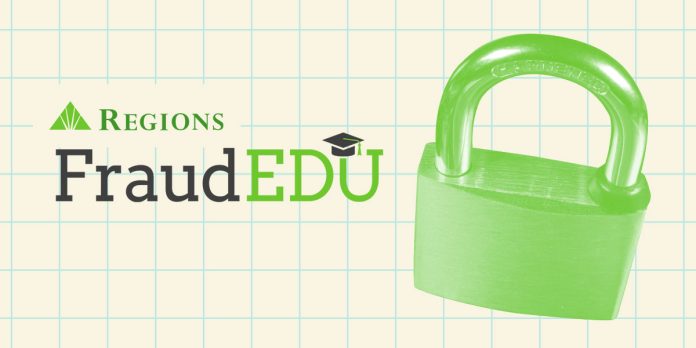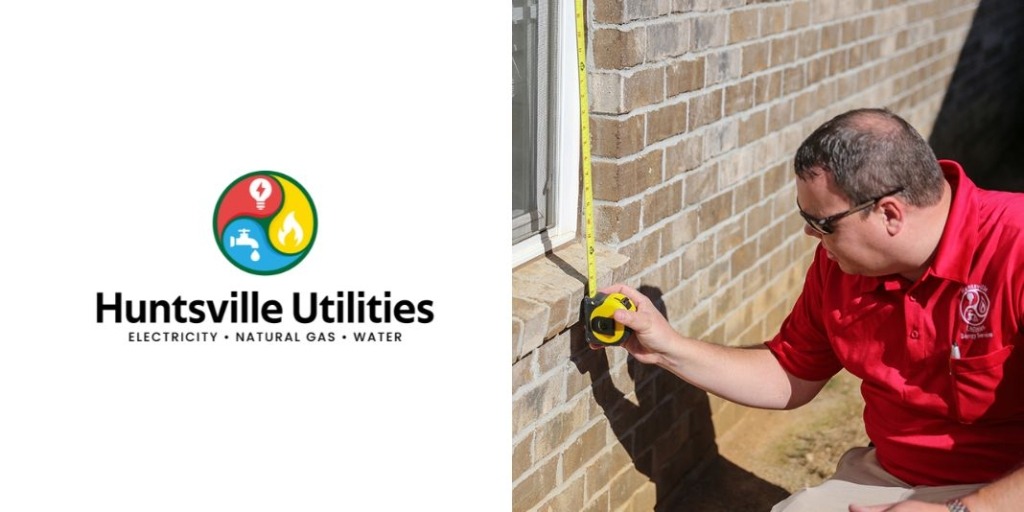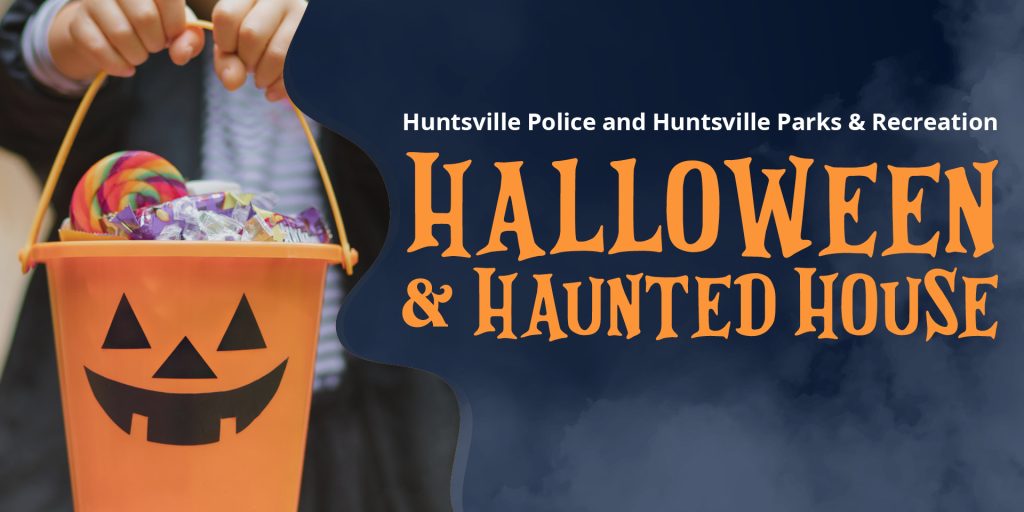An urgent-sounding phone call, a suspicious text, or a compelling payment request.
Scammers will try a variety of techniques to convince and deceive in order for you to hand over your money. According to the FBI’s latest Internet Crime Complaint Center (IC3) data, there have already been $1.6 billion in losses from January to May 2024, which is nearly $300 million more from the same time last year. However, when you pay attention to the clues, they can tell us they’re lying — and they’re not who they pretend to be.
Since scammers are convincing, it can be incredibly hard to look past the so-called “emergencies” that they often create. Scammers often use familiar techniques alongside innovative technologies to get your money and personal information. With an education on types of scams along with an awareness mindset, you will be well-equipped to protect yourself from becoming a victim.
Imposter Scams: How They Happen
Imposter scams, also known as trusted partner scams, are a type of fraud where scammers pretend to be someone they’re not, often in an attempt to steal your money or gain confidential information. These types of scams come in many forms– fraudsters may pretend to be an official from a government agency, from a trusted business or company, or may even impersonate a family member or loved one.
These scams are becoming more common because it’s never been easier to reach people in multiple ways; from texts and phone calls to emails and social media, fraudsters are communication-savvy and are constantly looking for new ways to scam. Criminals try to take advantage of our need to resolve matters as quickly as possible– and often use that sense of urgency to pressure victims into making hasty decisions.
“We are always in a hurry to move on to the next thing, so we don’t take time to consider what the repercussions might be,” explains Jeff Taylor, head of Commercial Fraud Forensics for Regions Bank. “Our job is to help people understand how these types of scams happen, and to constantly question what is being asked of them.”
An Awareness Mindset
When it comes to imposter scams, an awareness mindset is crucial when it comes to interacting with unfamiliar or suspicious requests. This means cultivating a sense of caution– and skepticism as well.
“Having an awareness of imposter scams is so important, because when we think we’re talking with someone we can trust, we’re going to give away information that we wouldn’t otherwise,” says Taylor. “What often causes people to let their guard down is when they think a trusted partner is asking for information— but they often don’t ask themselves, ‘why do they need this?’”
That questioning, Taylor explains, is imperative in understanding many fraudster’s patterns of behavior. Scammers continue to use various calamities, including kidnapping, legal trouble, car accidents and financial windfalls, to grab your attention, whether it be on an urgent-sounding phone call or a compelling text message. “We want people to recognize the pattern– it’s the pattern that matters, more so than the method.”
“Our job is to communicate consistently about it,” explains Dana N. Williams, Marketing Strategy, SVP at Regions Bank. “We’re not taking breaks because scammers certainly aren’t–- they’re diligent, savvy, and extremely creative in developing doubt. That’s often all they need to gain an entry point.”
Education on the topic is crucial for both individuals and businesses alike. “I would point any customer, consumer, or business to all of the information that we attempt to provide through multiple channels through Regions,” says Jeff Taylor. He also suggests building awareness and education through the FBI’s “Take a Beat” campaign, a public awareness initiative which focuses on imposter scams.
If the Worst Happens
According to the Federal Trade Commission, the majority of imposter scams go unreported year after year. Victims may feel embarrassed, worried about repercussions, or are simply unaware of how to report. Jeff Taylor explains that a victim’s first line of defense should be to change their passwords.
“Along with password changes, you should go to credit reporting agencies and put a freeze on your credit report,” says Taylor. “Fraudsters could create a synthetic identity, apply for a credit card or car loan, or do a variety of things that would impact you from a credit standpoint.”
If you believe you or someone you know may have been a victim of a fraud or scam, contact your local FBI office or submit a complaint on ic3.gov. You should document the name of the scammer/company and methods of contact, dates of contact, methods of payment, where funds may have been sent, and a thorough description of the interactions.
Together, individuals can work alongside their banks and trusted businesses to prevent scams from happening.
“It’s everyone’s responsibility,” says Taylor. “Collectively, we can make sure that we understand how to prevent scams and then understand what to do in the unfortunate event that it happens.”
P2P Fraud: 3 Steps to Protect Yourself
Fraud resources for consumers and businesses









